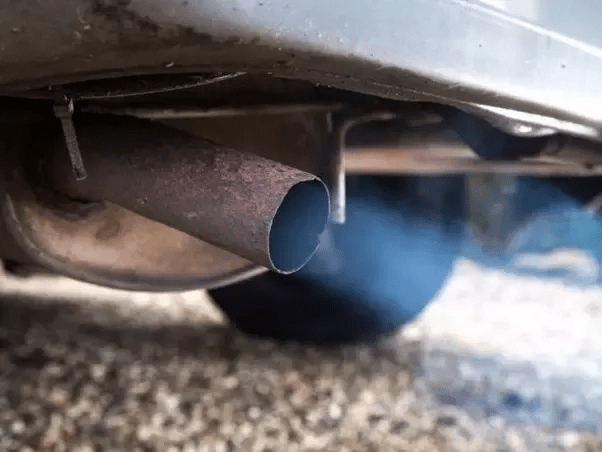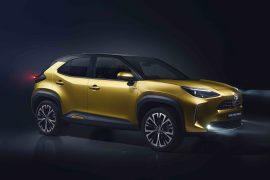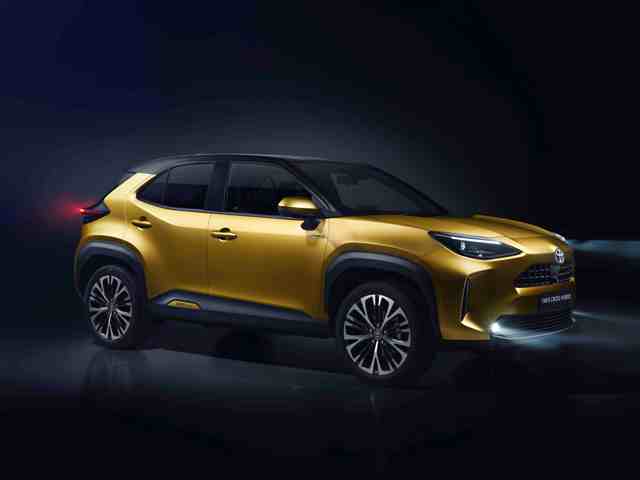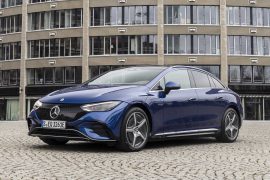Vehicle history and data expert Cartell.ie report today (2nd December) on an encouraging and timely fall in CO2 emissions. In 2020, Cartell looked at the state of CO2 emissions in the private transport sector for the first 10 months of the year and compared the results to the first ten months of the year for each year since 2003. In September, the Climate Advisory Council stressed the urgent need for the Government to implement measures to reduce greenhouse gas emissions including in the private transport sector.
Fortunately, Cartell reports today the situation has improved in respect of our emission of CO2. In an encouraging development for Government there has been a downturn in the average CO2 emissions of new vehicles sold in Ireland: in 2020 average emissions decreased recording a reading of 105g CO2 /km. This is the lowest level that Cartell has observed since recording these figures. More encouraging still is the fact that CO2 /km had actually been going in the wrong direction until this year: the figure for 2019 of 114 CO2 /km was higher than the figures for both 2018 (113 CO2 /km) and 2017 (112 CO2 /km)
Why has there been a fall this year?
One of the reasons for the fall may be the increase in Electric Vehicles (+21%) and Plug-In Hybrid Electric Vehicles (+16%) relative to the overall numbers of new vehicles purchased. Unfortunately, new car sales overall are down in 2020 (-26%) so the impact of the purchase of more EVs and PHEVs in 2020 has had a correspondingly higher impact on the overall level of CO2.
Jeff Aherne, Innovation Lead Cartell.ie, says: “We are looking exclusively at new cars sold in Ireland and not at imported vehicles. It is timely that the figures for CO2 /km in the private transport sector are dropping. The fall between 2019 and 2020 is significant and the Government will be encouraged by these results. To put that fall in perspective we have to go back to 2010 to find a 12-month-drop as large as what these results have yielded. However, there is a caveat to this: new car sales are well down this year for obvious reasons and so the purchase of EVs and PHEVs are having a larger positive impact than we might otherwise expect in a normal year. It isn’t all bad news though: if EVs and PHEVs continue their upward trajectory we may see the reductions in CO2 consolidated in 2021.”





